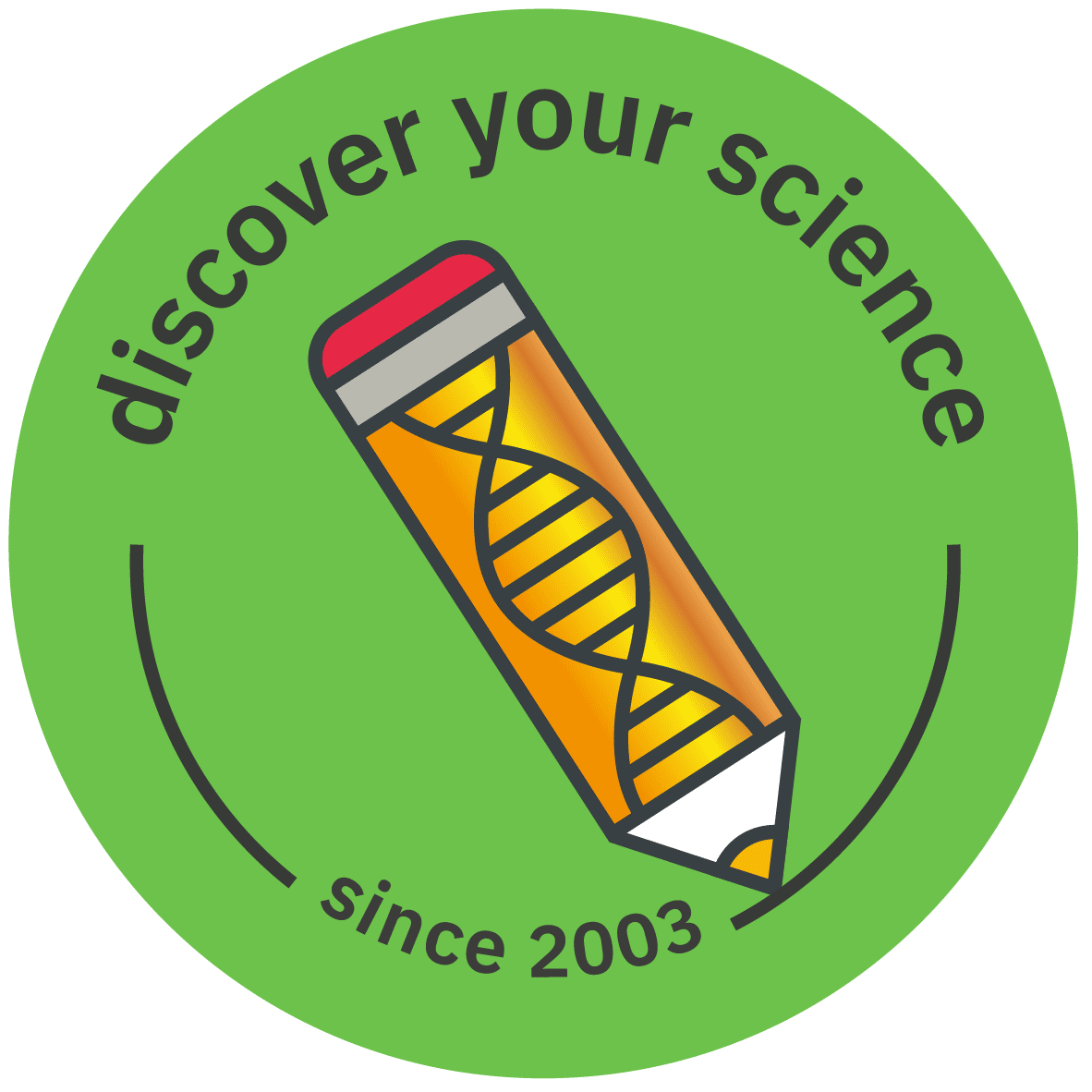Celebrating 20 years of International Summer Science School Heidelberg
 Summer! Summer! Summer of Science! This week has been an intense first introductory week of learning and working together with the students of the International Summer Science School Heidelberg (ISH). In its 20th year the ISH welcomes again talented students from four continents which are staying in Heidelberg to gain exclusive insights into a variety of research areas. During the remaining three weeks of research internships the students from Heidelberg’s sister cities Cambridge (UK), Kumamoto (Japan), Montpellier (France), Rehovot (Israel), and Simferopol (Crimea peninsula) – as well as students from the US and Australia – will receive individual practical training, hear scientific lectures and explore their host region on various excursions.
Summer! Summer! Summer of Science! This week has been an intense first introductory week of learning and working together with the students of the International Summer Science School Heidelberg (ISH). In its 20th year the ISH welcomes again talented students from four continents which are staying in Heidelberg to gain exclusive insights into a variety of research areas. During the remaining three weeks of research internships the students from Heidelberg’s sister cities Cambridge (UK), Kumamoto (Japan), Montpellier (France), Rehovot (Israel), and Simferopol (Crimea peninsula) – as well as students from the US and Australia – will receive individual practical training, hear scientific lectures and explore their host region on various excursions.
On Monday, 20th of July, we officially opened the ISH 20th anniversary exhibition which highlights the history of the ISH to date, the role of the Scientific Advisory Board, descriptions of the ISH’s links to the participating sisters cities, the ISH partner organisations and the expansion of the International Summer Science School Heidelberg – which has grown to remarkable size during the last years. The exhibition can be visited from 20 July 2015 to 21 August 2015 in the foyer of the City Hall Heidelberg (open Monday-Friday, 8:00-18:00).
The ELLS team immensely enjoyed interacting with the students during the ISH workshop at EMBL where we have been analysing fluorescent proteins – experimentally in the training labs and with bioinformatics tools in the computer lab of the EMBL Advanced Training Center.

On Thursday, 23rd of July we celebrated 20 years of the International Summer Science School Heidelberg with an interdisciplinary lecture by EMBL Group Leader Maja Köhn. Her presentation “Cancer research at the interface between chemistry and biology“ introduced the audience to cancer research and she nicely illustrated how her research group applies methods of synthetic chemistry, biochemistry, molecular and cell biology to study phosphatase proteins involved in cancer. Maja Köhn showed how she develops molecules and strategies to specifically block or activate these disease-associated proteins in order to prevent cancer progression.
After her presentation Maja Köhn answered an impressing number of great questions that the interested students came up with.
Have alook at the image gallery of the ISH workshop at EMBL and the ISH Interdisciplinary Lecture 2015 in Heidelberg
